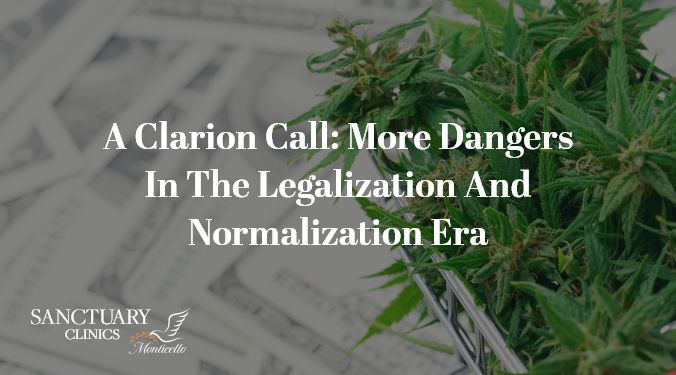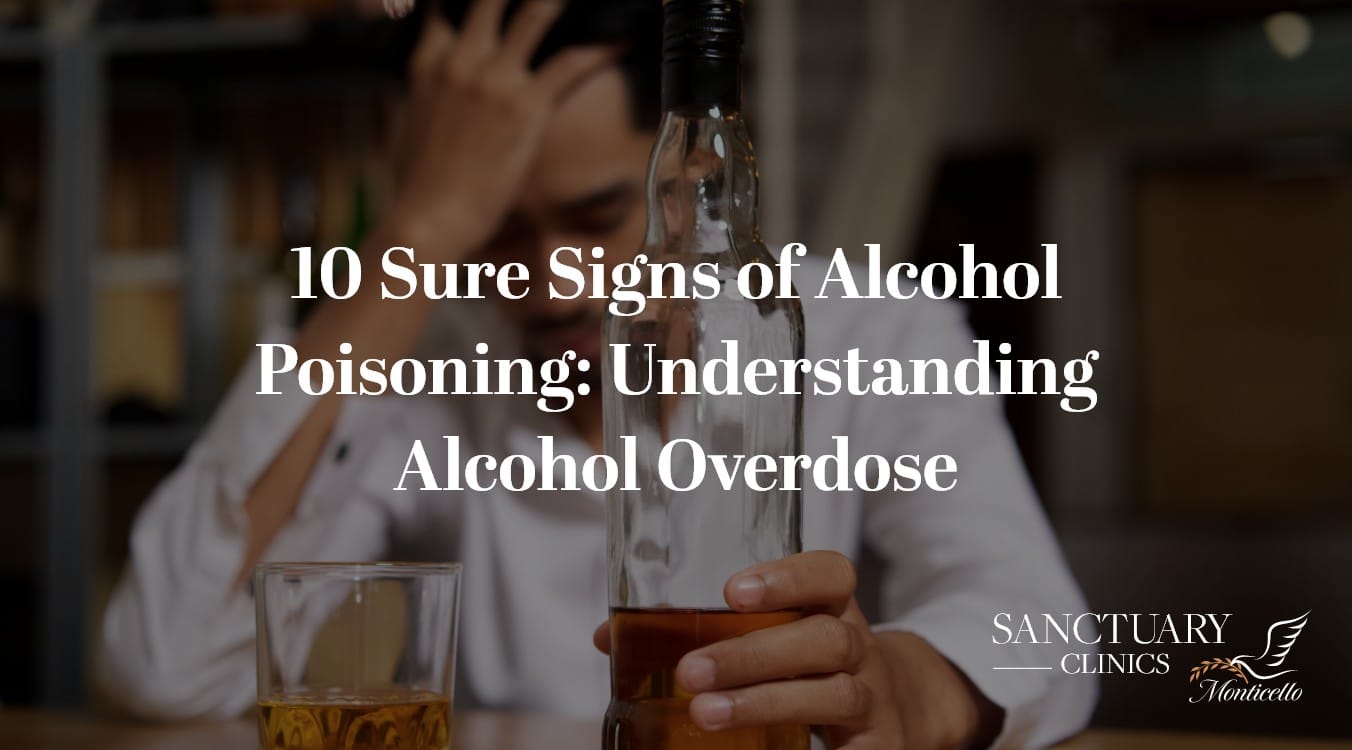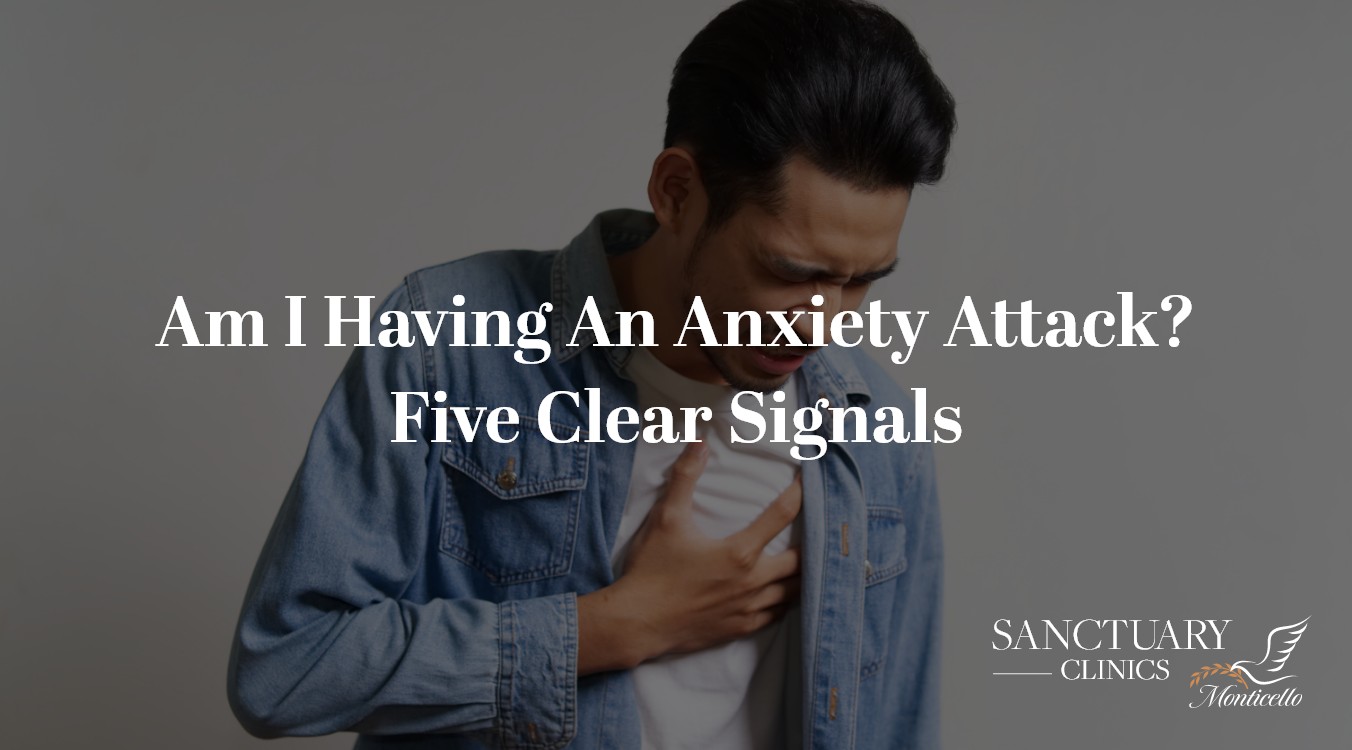While efforts are increasing towards legalizing recreational marijuana use and its subsequent normalization in society, more and more research is coming to light suggesting we can no longer bury our heads in the sand, parroting the ‘Weed is harmless’ message the marijuana industry is selling.
Marijuana is now legal for recreational use in 23 states. It is legal for medicinal use in 38 states. The Biden Administration wants to reclassify marijuana from a Schedule I drug (with cocaine and methamphetamines) to a Schedule III drug (with anabolic steroids and testosterone). President Biden is pardoning prior offenses for marijuana possession and is urging all governors to do the same. These steps are contributing to cannabis use becoming normalized. Our government is not warning citizens about the potential dangers of its use.
Research has now confirmed a definitive link between weed use and increased risk of schizophrenia. Schizophrenia is a chronic brain disorder which can include symptoms such as hallucinations, delusions, disorganized speech, lack of motivation, and trouble with thinking when it is active.
As more studies come to light, this is what we’re learning:
- 25% of patients who have schizophrenia also have cannabis use disorder (CUD).
- The higher the level of cannabis (in frequency and potency), the more risk for a long-term mental disorder.
- If you have a genetic predisposition for schizophrenia, cannabis use can speed up the onset of it.
There is a need to gauge the impact of cannabis use on vulnerable populations such as people who already have mental disorders. People are turning to cannabis believing it will help them deal with their disorder’s symptoms, when in reality, cannabis use exacerbates their symptoms. Regular screening for cannabis use in these patients may be needed. Doctors need to educate their patients about the risks of using cannabis along with their already existing disorders.
Get Help Today.
We are here to help you through every aspect of recovery.
Let us call you to learn more about our treatment options.
We are here to help you through every aspect of recovery. Let us call you to learn more about our treatment options.
Here are some more studies about cannabis use and psychosis: Arseneault et al., 2002 found people who used cannabis as a teenager put them at a significantly increased risk for adult psychosis. Murray et al., 2017 looked at neural mechanisms and found THC could produce transient psychotic symptoms in healthy adults. Caspi et al., 2005 studied the interaction between cannabis and genetics and found people with a genetic variant could be more susceptible to cannabis inducing psychosis. Radhakrishnan et al., 2014 saw how cannabis can impact brain function and could worsen schizophrenia symptoms.

In my last several articles I’ve listed and linked to several more studies. It’s easy to look at these studies and get lost in the science of it all, but when it’s your child, family member or loved one, these results become a whole new ballgame.
At Sanctuary Clinics, we treat patients represented in these numbers—the real-life sons and daughters, wives and husbands, moms and dads—struggling with cannabis use disorder (CUD) or cannabis-induced psychosis (CIP). People often look past statistics; you cannot look past a loved one in crisis.
We meet the adolescents, teens and young adults with a cannabis use disorder who stay in their parents’ basement playing video games all day, becoming more and more socially withdrawn and isolated. Cannabis use can cause, contribute to, and exasperate isolation tendencies. As isolation is a primary symptom of many mental health disorders, for individuals struggling with anxiety, depression, trauma, and/or any psychological disorders, marijuana use will drive them further into isolation.
And we meet the family members who carry the burden of their loved one’s inability to hold down a job, or complete daily tasks and responsibilities because of their mental health struggles and marijuana use.
We meet the patients who have lost touch with reality because of cannabis-induced psychosis. Delusions, disassociation, and disorganized thinking are shipwrecking their lives. Their hallucinations—hearing voices and seeing visions that don’t exist in reality—are driving them to extreme, and often dangerous behaviors.
And we meet family members struggling with an unpredictable home environment because of their loved one’s psychological struggles complicated by marijuana use. We meet family members who are concerned for their loved one’s safety because marijuana is impairing their judgement.
Unfortunately, we hear from many family members who are desperately trying to help their loved one, but because of their marijuana use, their loved one isn’t motivated to seek help or participate in treatment. This is a real crisis!

It is possible that you are reading this article because either you or someone you love is struggling with marijuana use and/or its mental health related issues. You’re not alone. Look at these studies I’ve linked. The evidence is becoming clearer by the day; the time to take these studies seriously and act is NOW!
Get Help Today.
We are here to help you through every aspect of recovery.
Let us call you to learn more about our treatment options.
We are here to help you through every aspect of recovery. Let us call you to learn more about our treatment options.
Dr. Sesi Akoto is Medical Coordinator and Medical Interventionist at Sanctuary Clincs. Sanctuary Clinics is the only Christian Mental Health and Addiction Program in America specializing in Cannabis Cessation and Cannabis-Induced Psychosis treatment.









